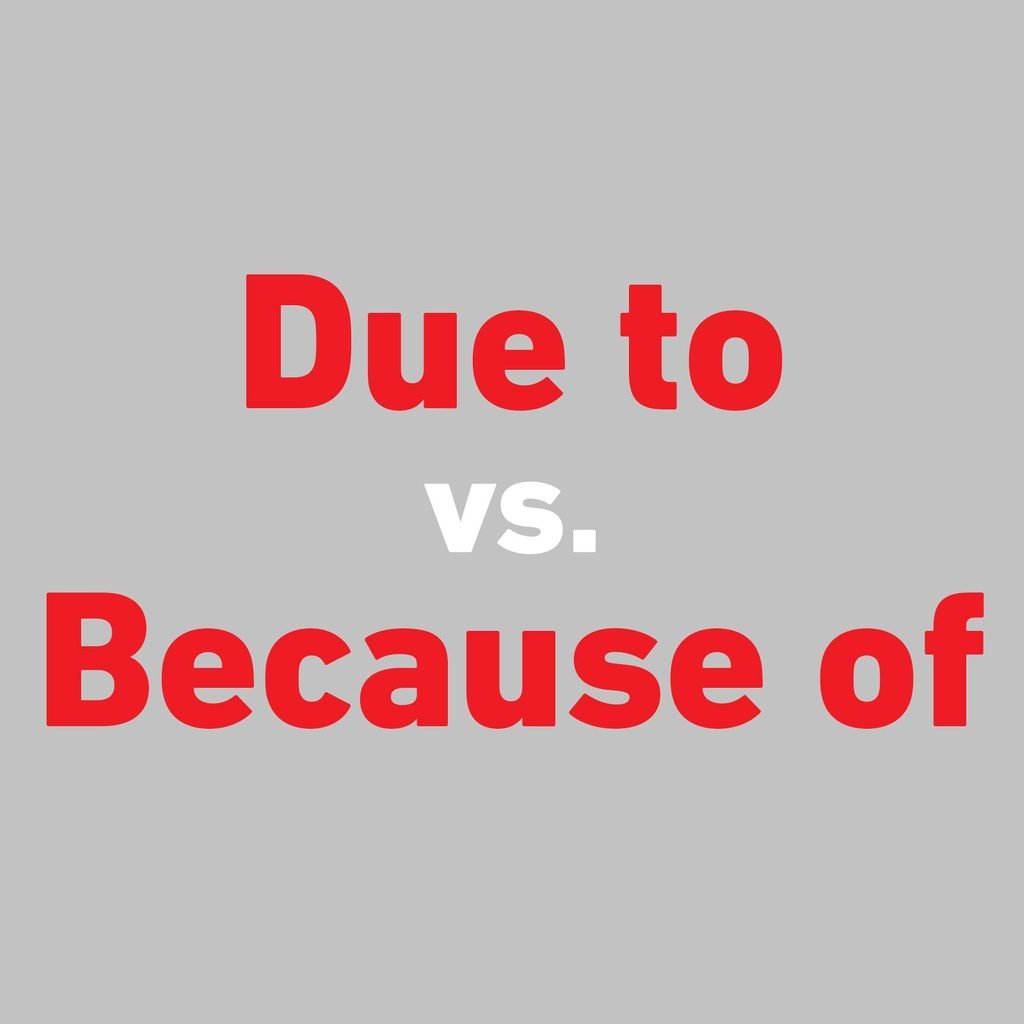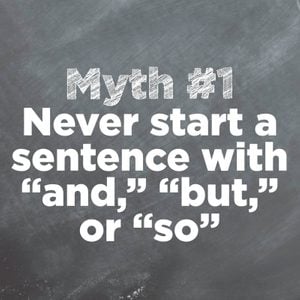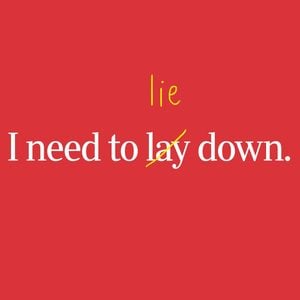This Is the Real Difference Between “Due to” and “Because Of”
Updated: Oct. 28, 2022

If you think you can use "because of" and "due to" interchangeably, watch out: The grammar nerds are coming for you. Here's how to protect yourself.
Grammar can be tricky business, and what sounds right out loud isn’t always accepted by language purists. Take the usage of “due to” and “because of”: Both phrases point to a cause-and-effect relationship, but there’s a subtle difference. Make sure you also check out the grammar rules that changed in the last decade.
What’s the difference between the two phrases?
When writing, a lot of people tend to opt for “due to” over “because of” since it’s short and sweet, and somehow sounds a bit more formal. But according to traditional grammar rules, it’s usually not the right choice.
Technically speaking, “due to” should only be used as an adjective and come after a noun. For instance, you could say: The cancellation was due to rain. “Cancellation” is a noun, and “due to” is describing it. (While you’re at it, learn the difference between Cancelled and Canceled.)
“Because of,” on the other hand, should modify verbs. So you might want to say: The game was canceled because of rain. “Was canceled” is a verb phrase, which makes “because of” the right choice. Now try to wrap your brain around the 20 most confusing grammar rules.
Some easy ways to remember
Another easy way to remember the rule is that “due to” can be subbed out for “caused by.” A cancellation can be caused by rain, but to say it was canceled caused by rain just wouldn’t make sense.
Here are a couple more examples to help you visualize the difference:
Right: The business failed because of its poor location.
Wrong: The business failed due to its poor location.
Right: The business’s failure was due to poor location.
Wrong: The business’s failure was because of poor location.
Of course, language changes with the times, and plenty of grammar experts have argued that the “due to” vs. “because of” rule isn’t relevant anymore. In everyday speech, you probably don’t need to feel self-conscious about using the “wrong” one, but if you know you’re emailing a grammar stickler, you might want to play it safe and keep this rule in mind. You wouldn’t want to be mocked because of bad grammar, would you? That said, here are other grammar rules you can safely ignore.


